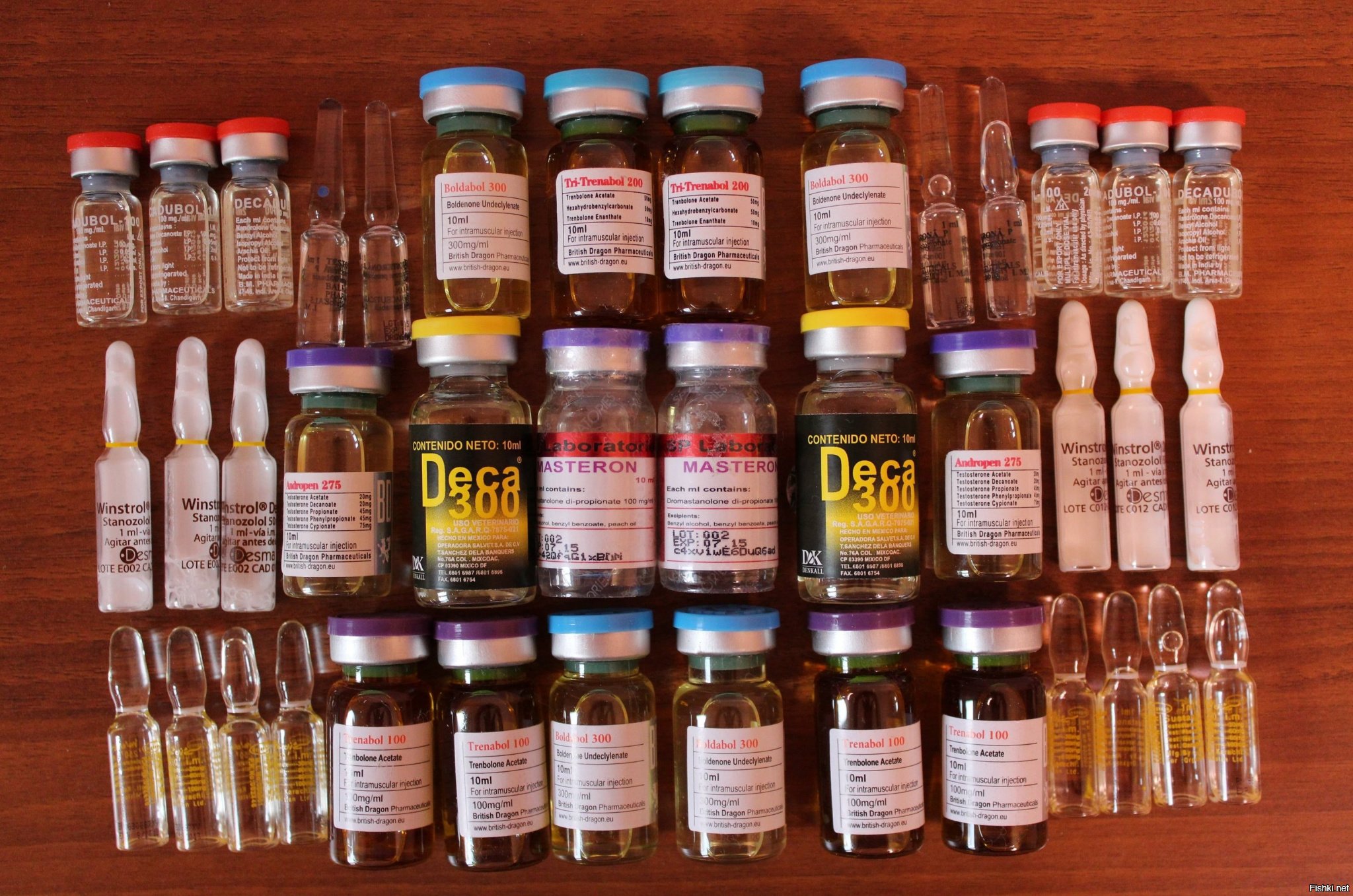Introduction to Steroids
Steroids are synthetic substances that mimic the effects of the hormone testosterone, which is responsible for muscle growth, bone density, and the development of male sexual characteristics. They are often used in medicine to treat conditions such as delayed puberty, certain types of cancer, and muscle wasting diseases. However, anabolic steroids, a class of steroids, are frequently misused by athletes, bodybuilders, and individuals seeking to enhance their physical performance and appearance. Understanding the benefits, risks, and alternatives of steroid use is crucial in making informed decisions about their use.
The Benefits of Steroids
Steroids can provide a range of benefits when used appropriately under medical supervision. They are particularly effective in promoting muscle growth, increasing strength, and improving recovery times from injuries. This has made them appealing to athletes and bodybuilders who seek to push their physical limits. For individuals suffering from medical conditions such as osteoporosis, chronic wasting diseases, or certain types of cancer, steroids can help to improve muscle mass, restore strength, and combat the debilitating effects of these conditions. Steroids are also sometimes prescribed to help individuals with hormone imbalances, including those with low testosterone levels, as they can help to restore normal bodily functions.
In a medical context, steroids can offer life-saving benefits, particularly for individuals whose natural hormone production is impaired. They are also used in treatment regimens for people with inflammatory conditions, such as arthritis, by reducing swelling and pain. While these benefits are legitimate in controlled settings, misuse of steroids outside of medical guidance can lead to harmful consequences.
The Risks and Side Effects of Steroid Use
While steroids offer benefits, they are also associated with significant risks, especially when abused. One of the most concerning risks is the potential for addiction. Steroid use can lead to psychological dependence, where individuals feel compelled to continue using them to maintain their performance or physical appearance. Abuse of steroids can also cause severe physical side effects, including liver damage, cardiovascular problems, and hormonal imbalances.
The side effects of steroids are particularly concerning when they are taken without medical supervision. For men, abuse can lead to testicular shrinkage, reduced sperm count, and infertility. Women may experience the development of male characteristics, such as facial hair growth and deepening of the voice. Long-term use of steroids can also increase the risk of cardiovascular diseases, including heart attacks and strokes. Additionally, individuals who misuse steroids often experience mood swings, aggression, and even violent behavior, a condition sometimes referred to as “roid rage.”
The combination of these health risks makes steroid abuse a dangerous endeavor. While some individuals may initially see positive results from their use, the long-term consequences can be severe and irreversible, affecting both physical and mental health.
Exploring Alternatives to Steroid Use
For those looking to enhance muscle growth, improve athletic performance, or combat age-related muscle loss, there are safer, more sustainable alternatives to steroids. One of the most effective and natural approaches is regular exercise, particularly strength training and resistance exercises. These activities can stimulate muscle growth and improve overall fitness without the risks associated with steroid use.
A balanced diet rich in protein, healthy fats, and complex carbohydrates can also support muscle growth and recovery. Nutritional supplements, such as protein powders, creatine, and branched-chain amino acids (BCAAs), are commonly used by athletes and fitness enthusiasts to aid in muscle repair and growth. These supplements are not only safer than steroids, but they can also provide the body with the necessary nutrients to perform at its best.
For individuals looking for increased testosterone levels or to combat age-related declines, natural supplements and lifestyle changes such as adequate sleep, stress management, and regular physical activity can help optimize hormone levels. Additionally, medical professionals can offer hormone replacement therapy as an alternative for those with clinically low testosterone levels. Unlike anabolic steroids, these treatments are carefully monitored to ensure safety and effectiveness.
Conclusion: Making Informed Decisions
Steroids, while beneficial in certain medical contexts, can pose significant health risks when abused. From their potential to cause physical damage to their psychological effects, steroid use requires careful consideration and responsible management. Athletes, bodybuilders, and individuals seeking to improve their physical appearance should prioritize safe, effective alternatives, such as proper training, nutrition, and natural supplements, to achieve their goals without jeopardizing their health.
Ultimately, the decision to use steroids, or any performance-enhancing drug, should not be taken lightly. It is important to weigh the potential benefits against the long-term consequences and consult with a healthcare professional before embarking on any steroid regimen. By making informed decisions, individuals can work toward their fitness and health goals while safeguarding their well-being.online steroids canada

